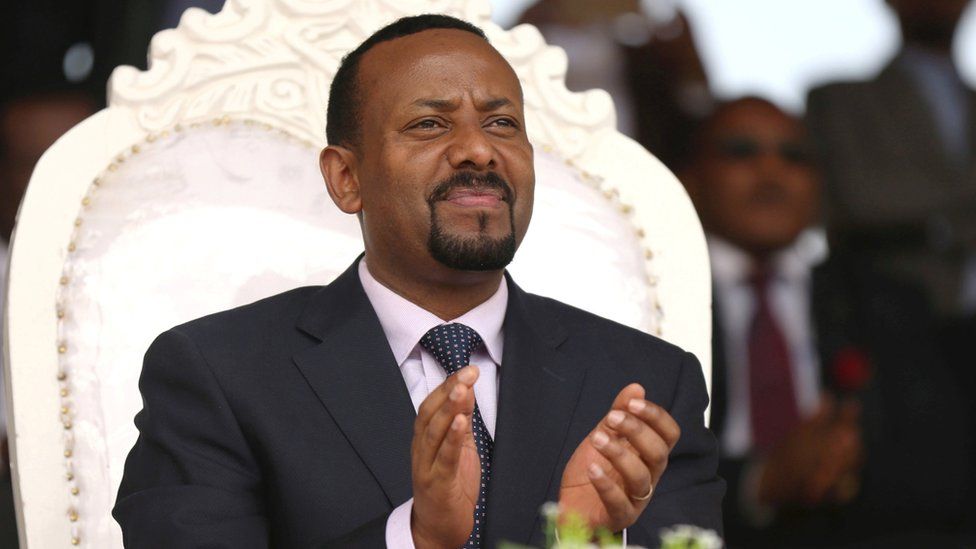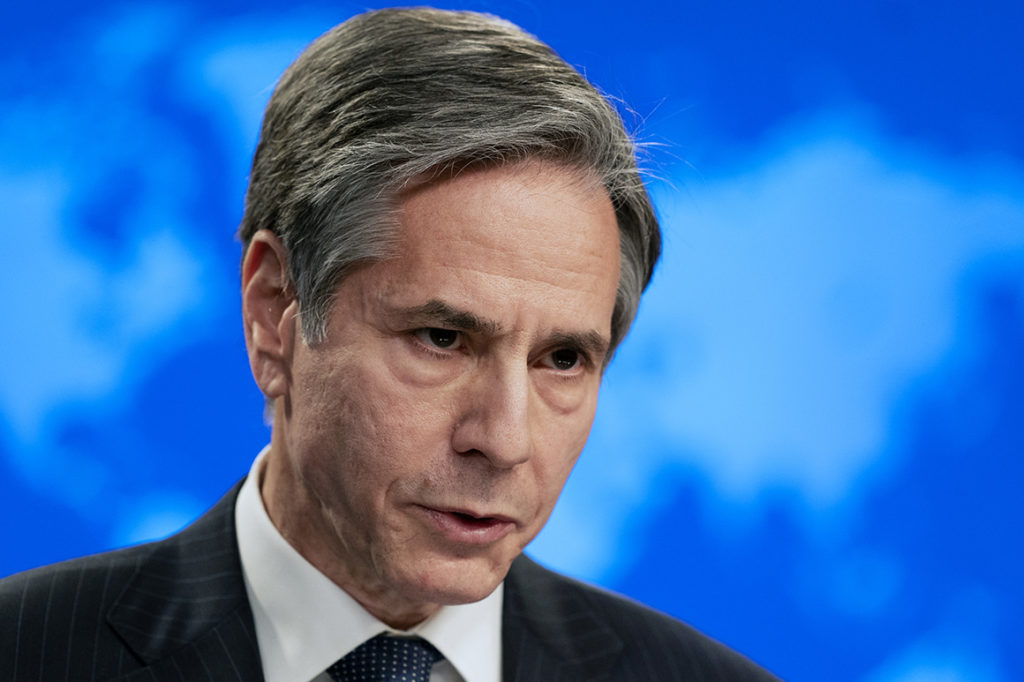As the world grapples with the effects of the pandemic, the humanitarian crisis – brewing in Ethiopia’s northern region of Tigray – has almost gone unnoticed. According to the United Nations, some 2.3 million children have been cut off from humanitarian assistance and aid, a violation of international law. Here we unpack everything we know about the tragedy.
The Facts
While the pandemic continues to rage in some parts of the world, Ethiopia and neighbouring Eritrea have also had to contend with civil unrest.
Turmoil is not new to the region.
Ethiopia’s history is littered with similar events with conflicts mainly fuelled by ethnic divisions. The country’s central government has consistently been tangled in quelling unrest in its various provinces for years.
In this instance some reports are proving difficult to verify, given the alleged the restricted access to the Tigray region – especially for journalists as well as the United Nations. Making aid provision a difficult undertaking or broadcasting the full extent of the crisis, less feasible.
While the crisis rages on, the victims in this latest conflict are once again, mainly women and children.

Tigray is the northernmost region of Ethiopia, and the homeland of the Tigrayan, Irob and Kunama peoples. Since November 2020 Ethiopia’s national defence force has been at war with fighters from the Tigray Regional Government, led by the Tigray People’s Liberation Front (TPLF) – Ethiopia’s ousted ruling party and a listed terrorist group. The TPLF assisted by the Eritrean People Liberation Front (EPLF), led a successful rebellion against President Mengistu Haile Mariam in 1991, and as part of the Ethiopian People’s Revolutionary Democratic Front (EPRDF) coalition, eventually ruled Africa’s second-most populous country for almost 30 years until 2018.
On 18 January 2021, the National Election Board of Ethiopia terminated the EPRDF’s registration, citing acts of violence and rebellion committed by the party’s leadership against the Federal government in 2020. Attempts at political and economic reforms by incumbent Prime Minister Abiy Ahmed – the recipient of the Nobel Peace Prize for his landmark deal with Eritrea – have had varying degrees of success.

However the threat of ethnic division is not going away any time soon. Moreover, according to Ethiopia’s 1994 constitution, states under the Ethiopian federalism umbrella have an equivocal right for self-determination and secession. Prior to the current war in Tigray, Ahmed’s administration suffered a coup attempt in 2020 in the Amhara region. It is thought that the removal of the ethnic federalist EPRDF in 2019 and its replacement with Ahmed’s Prosperity Party has exacerbated the possibility of ethnic war.
The division of Ethiopia along ethnic lines is a looming possibility if the national leadership continues to prove unable to counter regional challenges. If ethnic conflict rages on, Tigray will likely be the first to attempt secession, as Eritrea did in 1993, and others will follow.
The governments of both Ethiopia and neighbouring Eritrea have heavily restricted journalist and NGO access to Tigray. For this reason, many reports are unverified. However, the conflict has clearly erupted into large-scale violence, with a possibility of degenerating into as dire a situation as the 1984-5 famine which claimed the lives of 1 million Ethiopians.
According to the United Nations, some 2.3 million children have been cut off from humanitarian assistance and aid, a violation of international law. There have also been “deeply distressing reports of sexual and gender-based violence, extrajudicial killings, [and the] widespread destruction and looting of public and private property by all parties” according to the UN High Commissioner for Human Rights. More than 136 cases of rape have also been reported in hospitals in December 2020 and January 2021, with indications that there are many more such unreported cases.

In a statement before Congress last week, US Secretary of State Antony Blinken condemned alleged acts of “ethnic cleansing” in the Tigray region, and called for the departure of troops. It is speculated that Ahmed has “invited” troops from neighbouring Eritrea for the expressed purpose of massacring the people of Tigray. As of December 2020, the UN estimated more than one million people have been internally displaced by the fighting. More than 50,000 people have fled to Sudan due to the conflict. Possible COVID-19 outbreaks have been feared as refugees fleeing the Tigray conflict have sheltered in crowded camps.
The violent dismemberment of the second-most populated nation in Africa is not yet a done deal, but the massacring and mistreatment of civilians on a large scale by both Ethiopian and Eritrean troops in Tigray is not only tragic itself, but sets the stage for further and ever more extreme ethnic conflict will have grave implications for Ethiopians and their neighbours.


